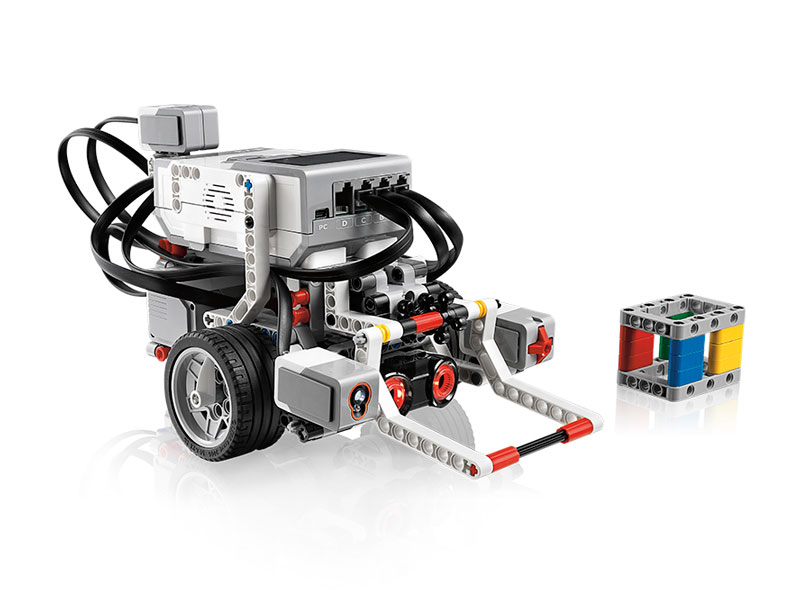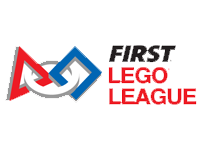Grade 6
Introduction to Robotics 
This introductory course to robotics is offered to all students in grade 6 for one semester, either fall or spring. Students will gain an introduction to building and programming robots using combined lessons and materials from Carnegie Mellon and Tufts University. Students use a combination of the Virtual Bot and a real EV3 robot that they can manipulate during class and at home! Students will first learn to build a basic EV3 model robot following instructions, learn basic gear train models and how the technic pieces of the robot work together. Then, students will be given engineering challenges to build different models based on what they’ve learned. Students will use the mindstorms programming language to write basic movements, turns, and begin the use of sensors such as the touch sensor so the robot can make sense of its surroundings and act upon that information. Students are required to keep a robotics journal displaying their knowledge throughout the semester and are given quizzes upon completion of each unit. This course is designed to allow students to move at their own pace, and work either individually, with a partner or with a group. Students who move at a quicker pace are offered bonus challenges to deepen their knowledge or can move forward in the curriculum to learn about new sensors and program the robot to perform new behaviors.
Competitive Robotics

Students can participate in Competitive Robotics in one of two ways: Competitive Robotics is offered to selected 6th grade students during the SOAR block for the first semester of their 6th grade year or to all students in grades 5 - 8 as an after-school enrichment activity. This competitive class competes in the FIRST Lego League competition sponsored by the non-profit,Rhode Island Students of the Future (RISF). Students work as a team to build a robot that meets the needs of the challenges on a thematic game board and write programs to solve these challenges. This competition comprises of three elements which are all held equally is important: the robot performance, teamwork, and the research project. For the research project, students develop a solution to a problem of their choice within the current year's theme.
The 2017-2018 theme is:  . Check out the teaser video here.
. Check out the teaser video here.
Maker Space
A makerspace is a place where students can gather to create, invent, tinker, explore and discover using a variety of tools and materials. As the movement toward celebrating “the maker” continues to grow, the Pier School has offered time and space for students to rotate through to create something of their choosing. Example projects students have created are: duct tape clothing, purses, and wallets; claymation movies, and lego items. One of the more popular “stations” offered is the “tinker table” at which students can physically take apart a laptop, desktop, keyboard or any electronic device we can get donated to see what’s going on inside. Some students have opted to stop once the device was taken apart while others chose to use the pieces to create something new. There are no limits but time when it comes to the makerspace. Students have put their final creations on display, taken them home or sold them at the school store. Students in the 6th grade are able to rotate through the makerspace in the spring during the SOAR period.